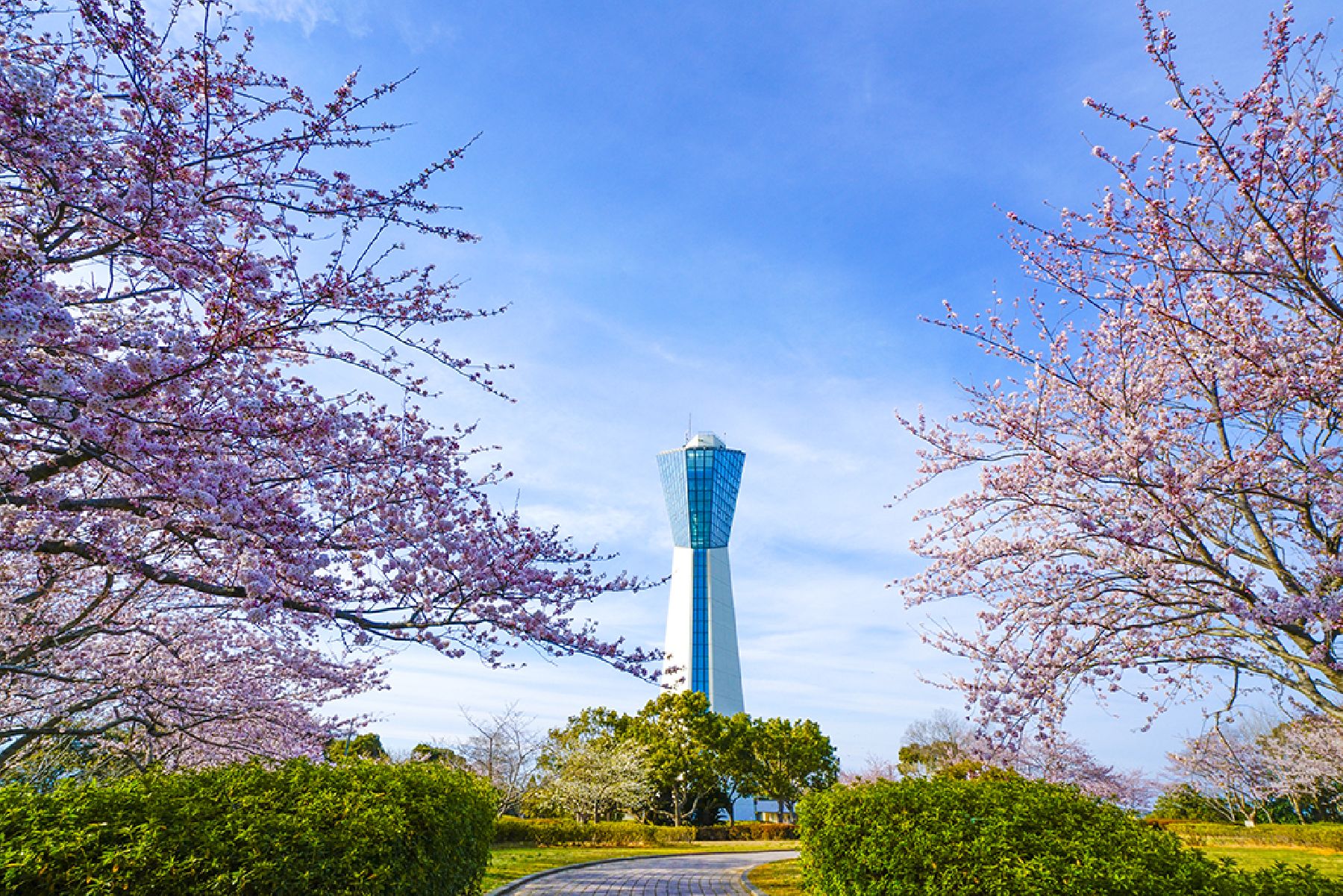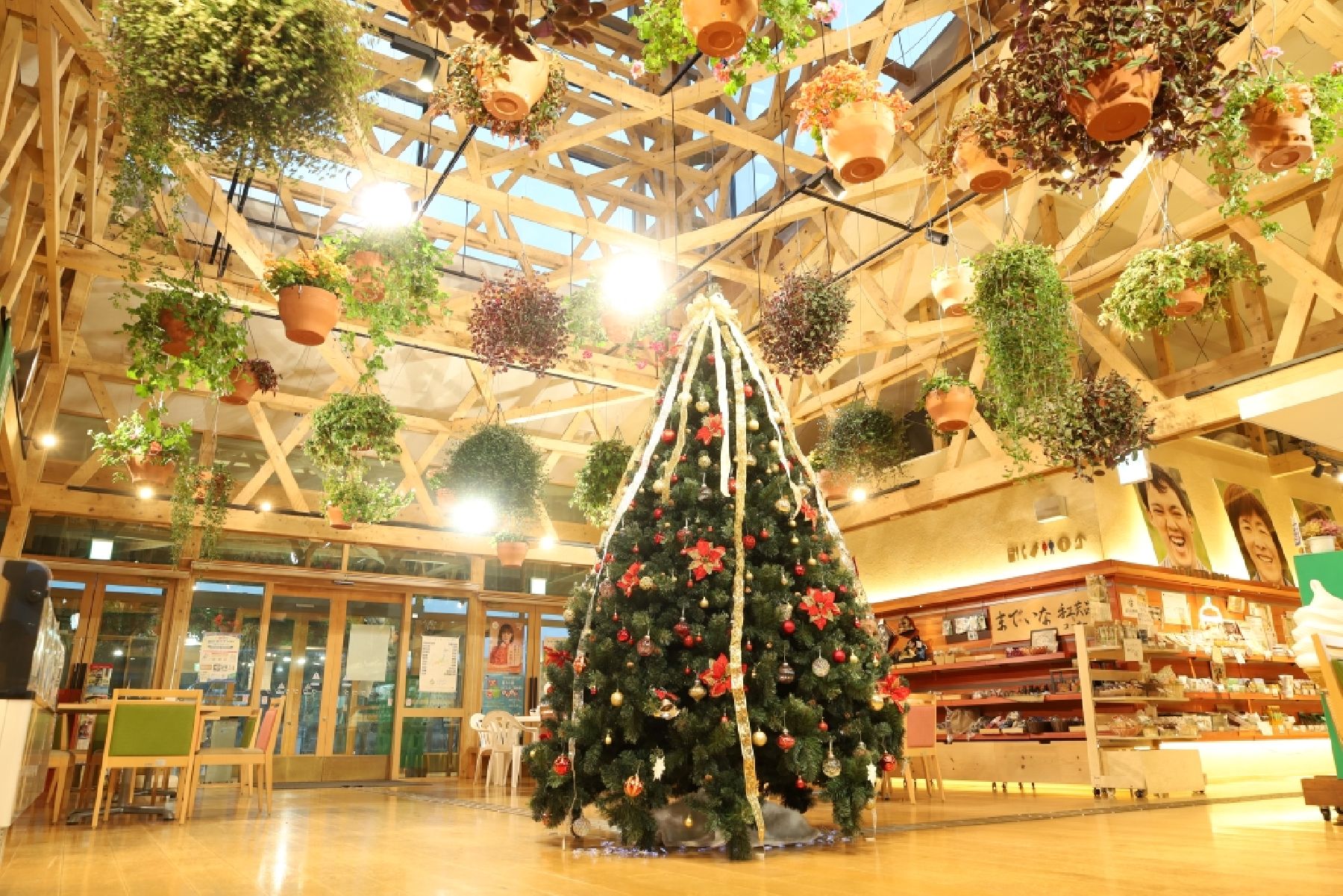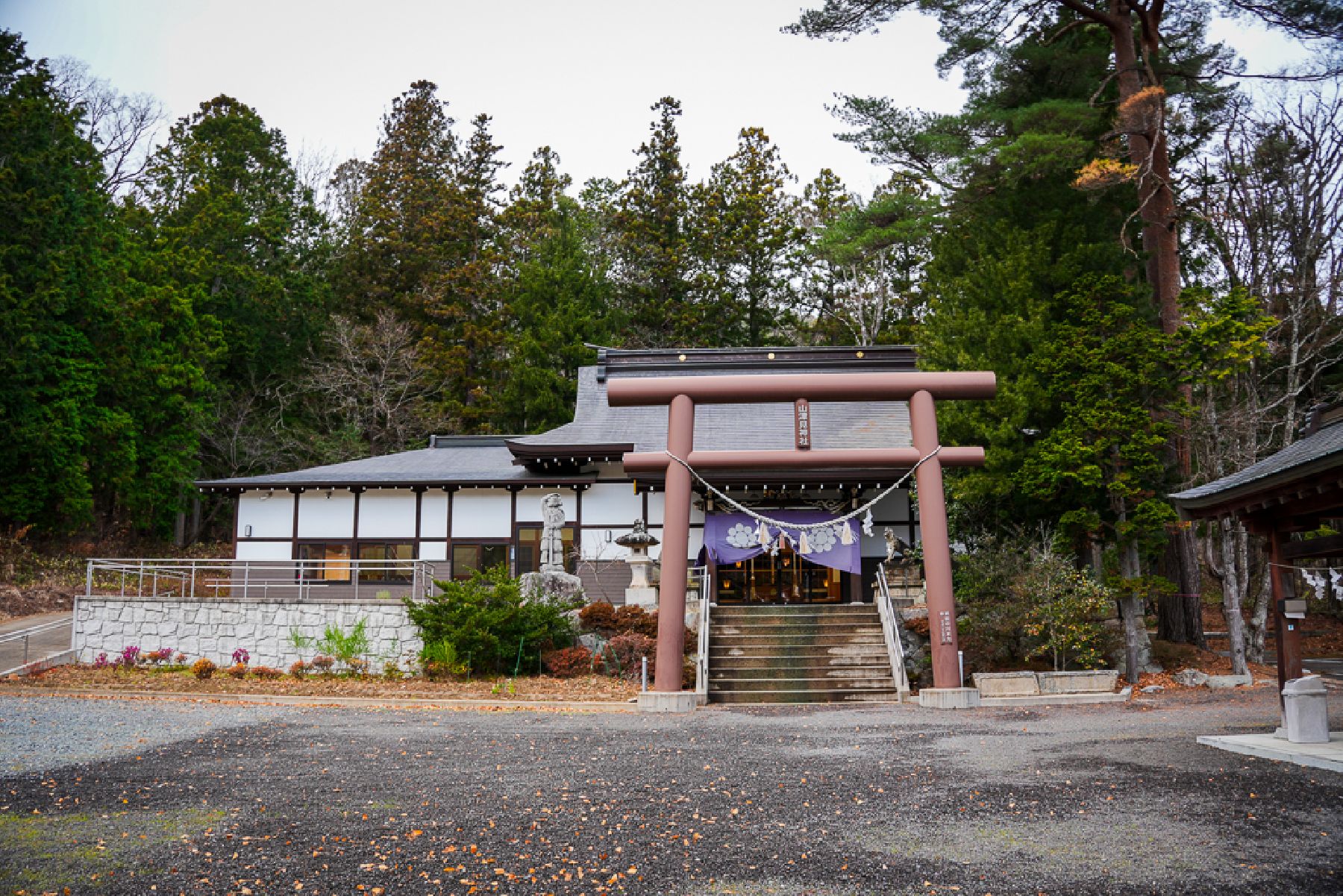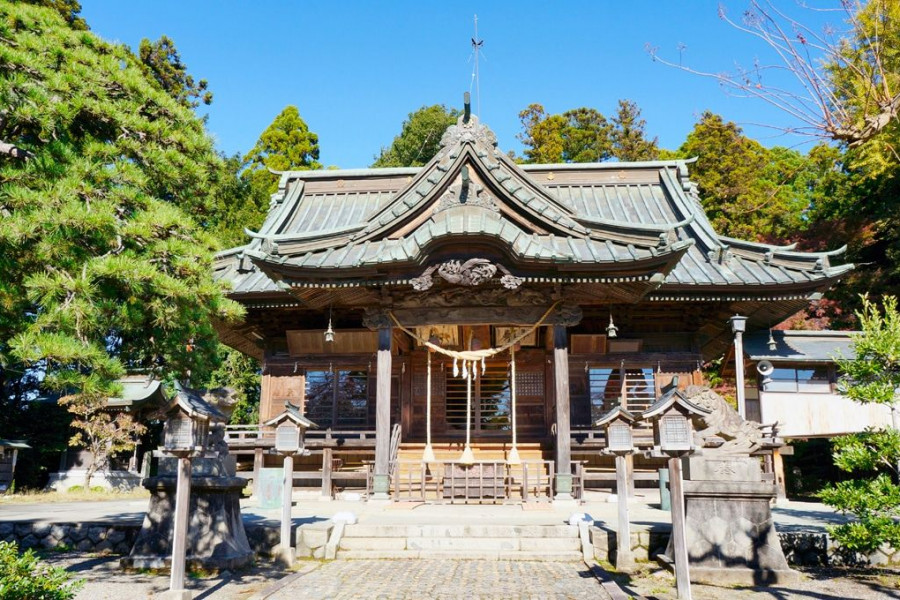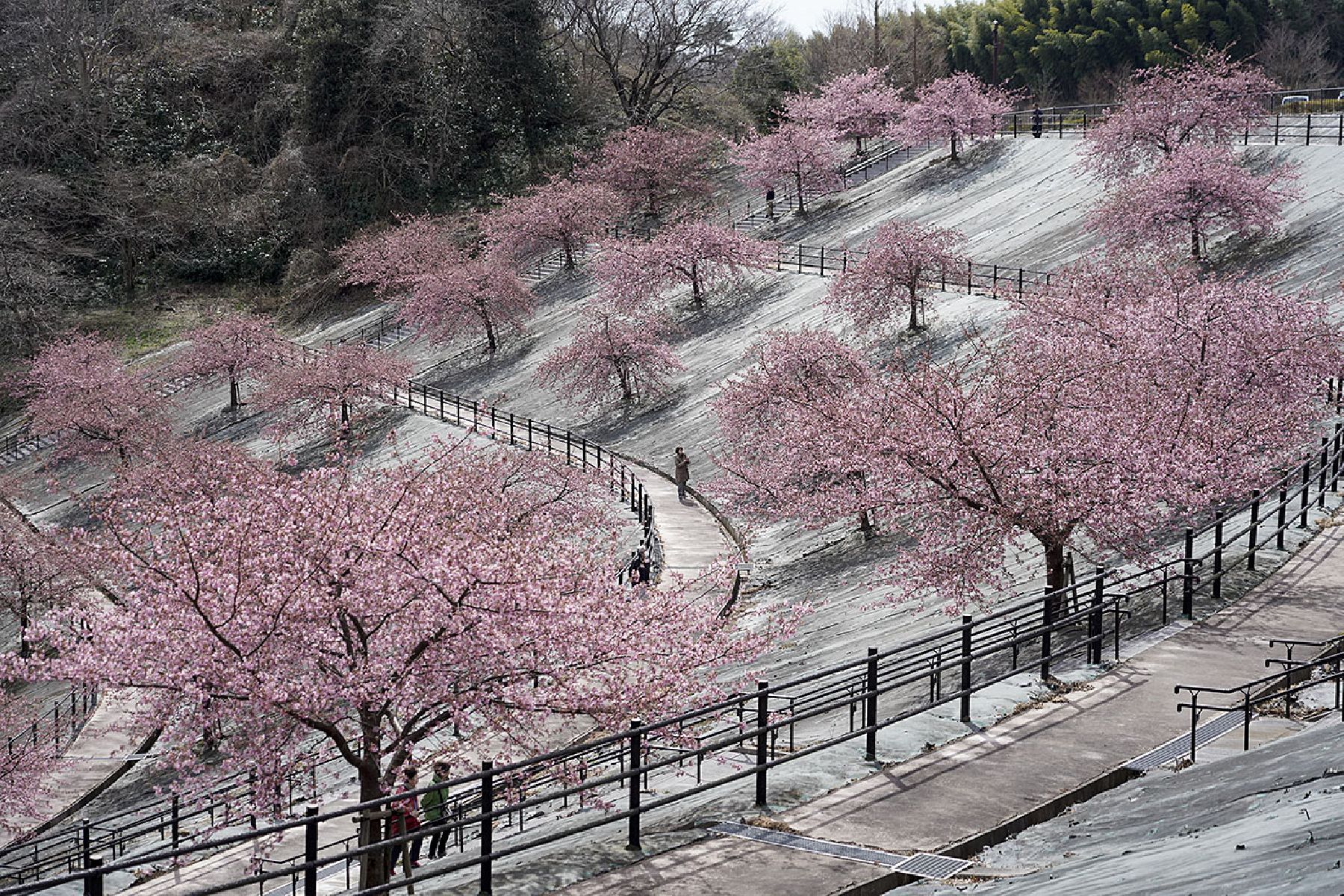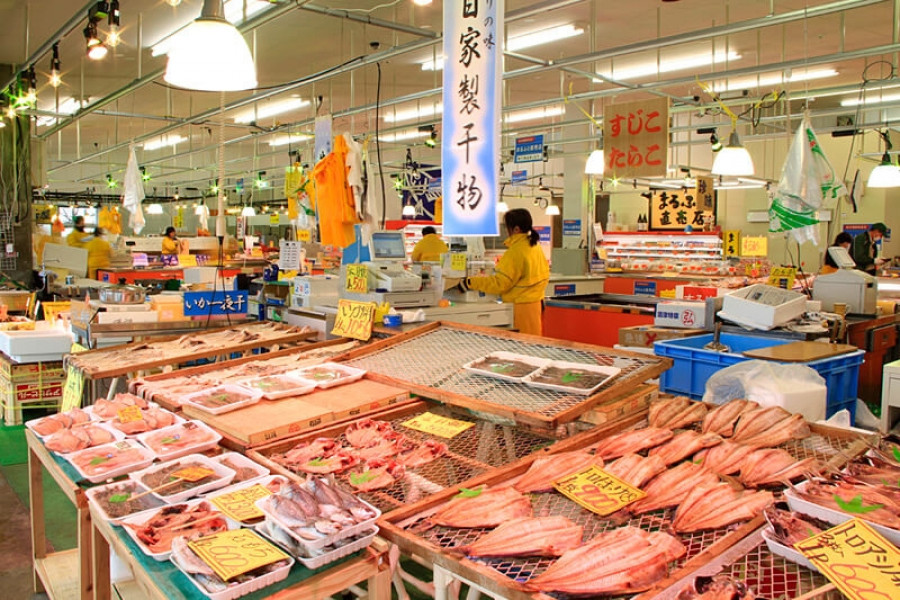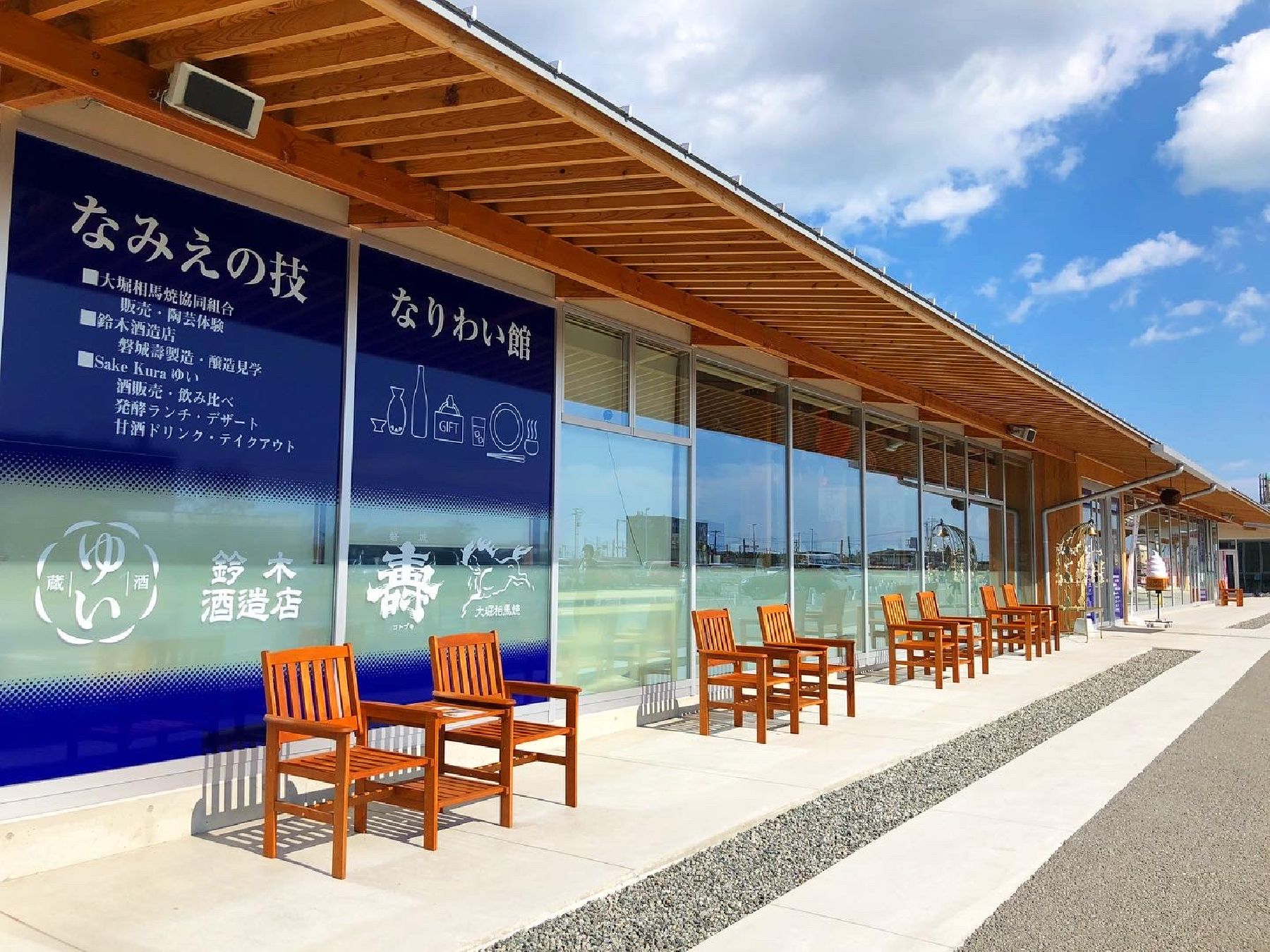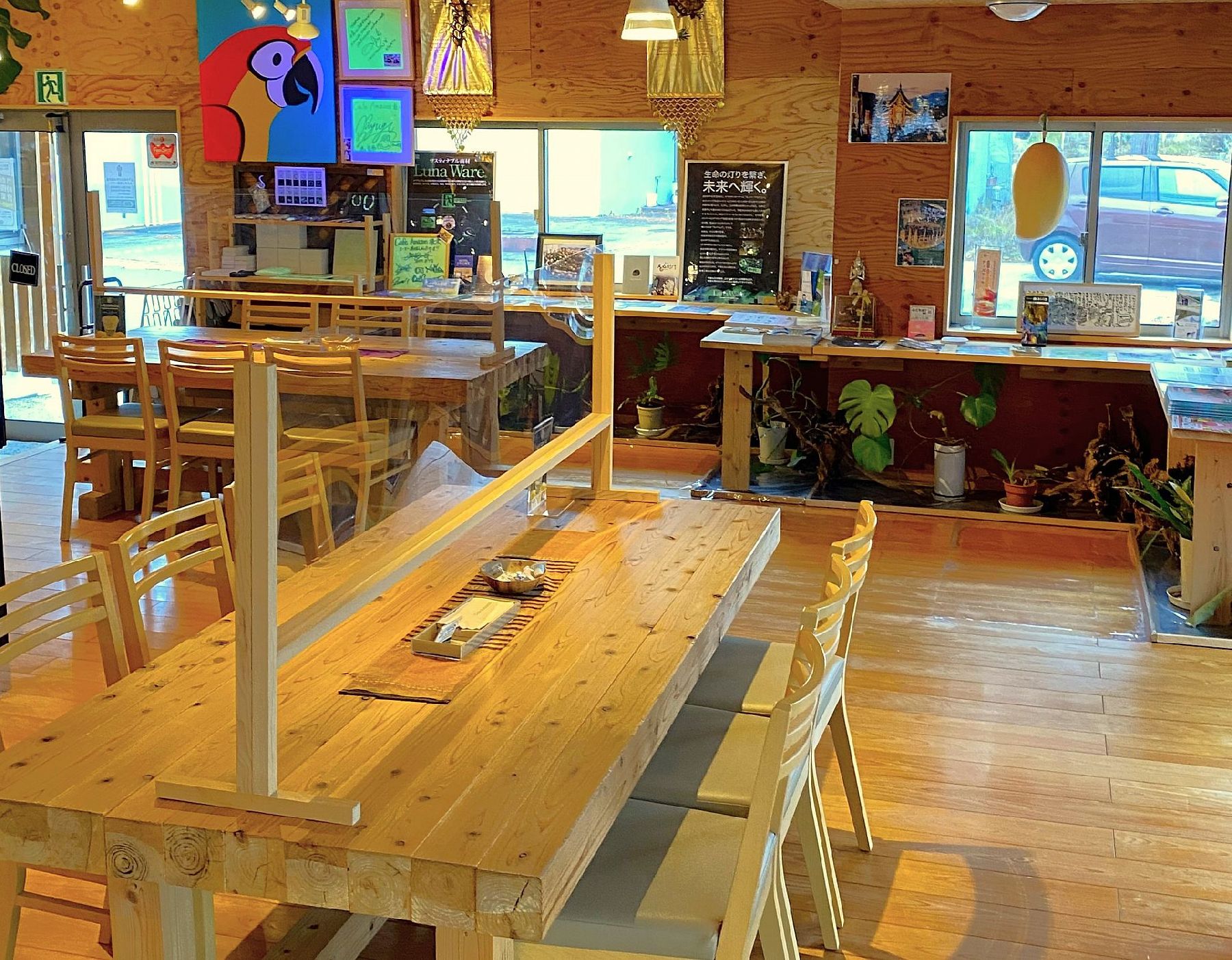Madeikan is an excellent stopping point when heading east to the Soma region thanks to its clean, modern design and array of services. Like many roadside stations, it is outfitted with two restaurants in a food court style where dishes are bought using nearby ticket machines. There is a good-sized market selling local produce, as well as a souvenir shop selling goods and crafts.
The term 'madei' is a local term that depicts the slow and thoughtful way of life in Iitate Village. As such, the roadside station is intended as a place where people can unwind and take their time.
When you enter the main hall of Madeikan, you're greeted by a stunning display of hanging flowers in the rafters - growing these flowers is the main industry of the village and a source of pride. The display changes season to season, meaning you're likely to see a different arrangement every time you visit.
The service station is popular in summer time, when nearby sunflower fields are in full bloom, then again in winter time for its Christmas illuminations, which take place in the park behind the main building. Lights are usually turned on around 4:30pm, when it begins to get dark.
